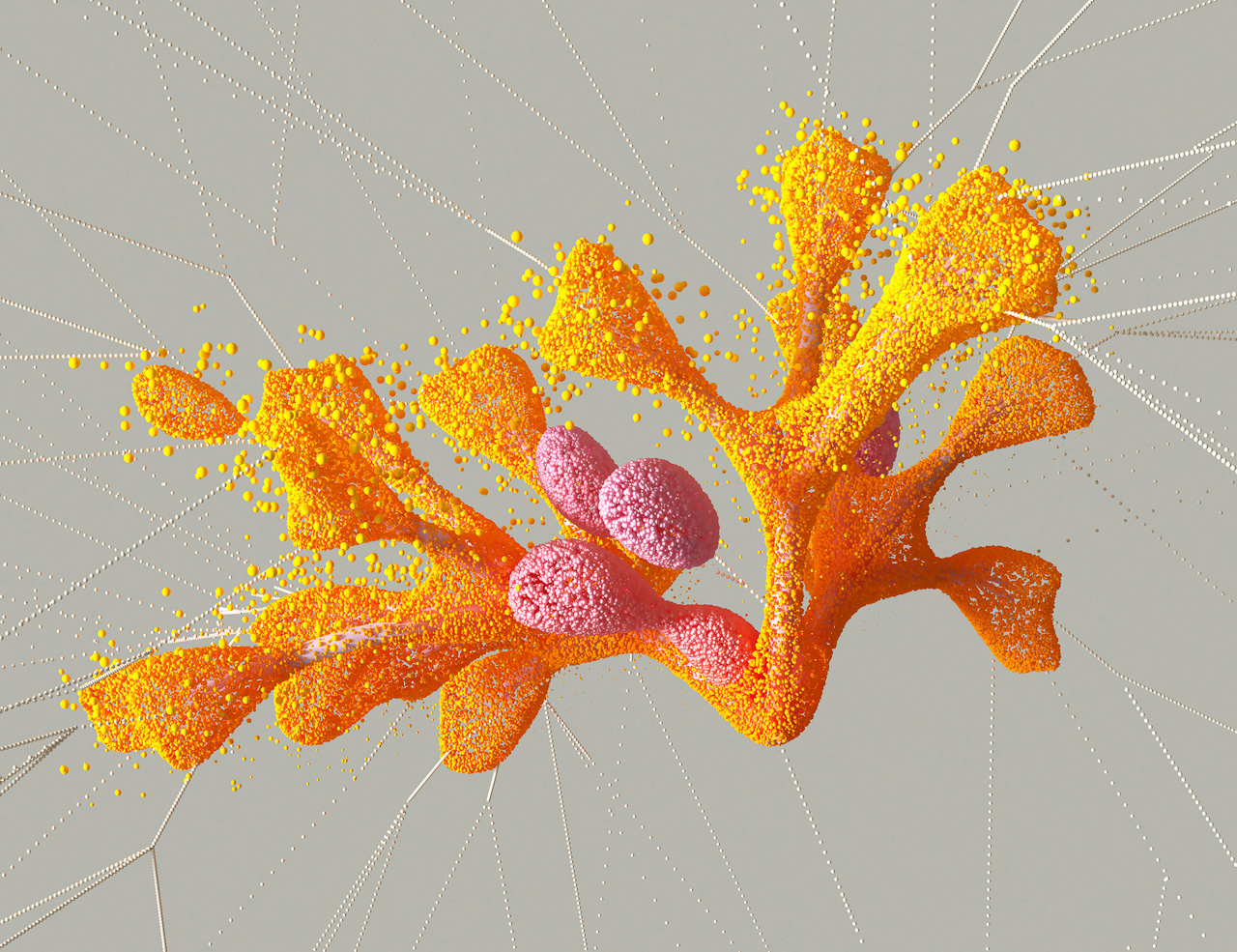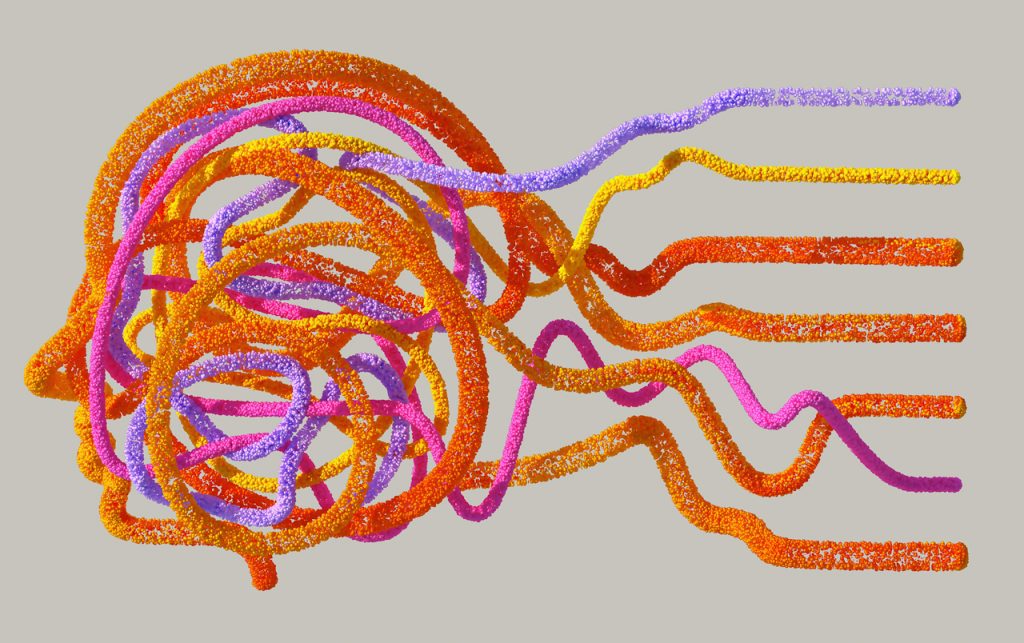
Innovating Manufacturing with Artificial Intelligence
AI Integration in Wood Wool Panel Production
The adoption of artificial intelligence (AI) in the manufacturing of wood wool panels marks a significant advancement in reducing waste and optimizing resource use. AI systems analyze production data in real time, allowing for adjustments that minimize offcuts and material wastage during the manufacturing process¹.
Optimizing Material Usage
AI algorithms optimize the cutting patterns and material layouts, significantly reducing the amount of raw materials wasted. This optimization not only conserves resources but also decreases the costs associated with material procurement and waste management².

Enhancing Production Efficiency
Automated Quality Control
AI-driven systems perform continuous quality checks throughout the production process. This automation ensures that each panel meets specified standards, reducing the frequency of defects and the need for reworks, which in turn lowers waste³.
Predictive Maintenance
By predicting machinery maintenance needs, AI helps prevent downtime and inefficiencies. Predictive analytics allow manufacturers to service equipment before failures occur, maintaining continuous and efficient production flows⁴.

Environmental Impact and Sustainability
Reducing Carbon Footprint
AI-driven manufacturing processes require less energy compared to traditional methods, primarily due to their efficiency and waste reduction capabilities. This reduction in energy consumption directly contributes to lowering the carbon footprint of wood wool panel production⁵.
Supporting Circular Economy Initiatives
Intelligent manufacturing aligns with circular economy principles by efficiently using materials and recycling waste back into the production cycle. AI enables the precise calculation of material needs, reducing overproduction and excess inventory, which often ends up as waste⁶.
Market Trends and Future Directions
Growing Demand for Smart Building Materials
As the global construction industry moves towards sustainability, the demand for smart building materials like AI-driven wood wool panels is on the rise. These materials appeal to environmentally conscious builders and developers seeking innovative solutions to reduce construction waste⁷.
Advancements in AI Technology
Continuous advancements in AI technology promise even greater improvements in manufacturing efficiency and waste reduction. Future developments may include more advanced machine learning models that further enhance material utilization and energy efficiency⁸.
References

- Smith, J., & Roberts, A. (2022, May 10). Application of AI in optimizing construction material usage. International Journal of Production Research.
- Lee, K., & Chang, H. (2021, August 15). Efficiency of resource use in construction with AI technologies. Journal of Cleaner Production.
- Brown, T., & Miller, S. (2020, December 5). The role of artificial intelligence in enhancing construction material quality. Automation in Construction.
- Thompson, R., & Yamamoto, L. (2022, April 20). Predictive maintenance in manufacturing: A review. IEEE Transactions on Industrial Informatics.
- Walters, D., & Gupta, N. (2019, June 22). Reducing energy consumption in manufacturing: The potential of artificial intelligence. Energy and Buildings.
- Kim, E., & Park, M. (2021, September 7). Artificial intelligence and circular economy: AI for recycling. Resources, Conservation & Recycling.
- Johnson, M., & Davies, G. (2023, February 11). Market adoption of green technologies in construction. Building and Environment.
- Franklin, A., & Patel, D. (2022, March 28). Future trends in AI and their impact on the construction industry. AI Magazine.
Share